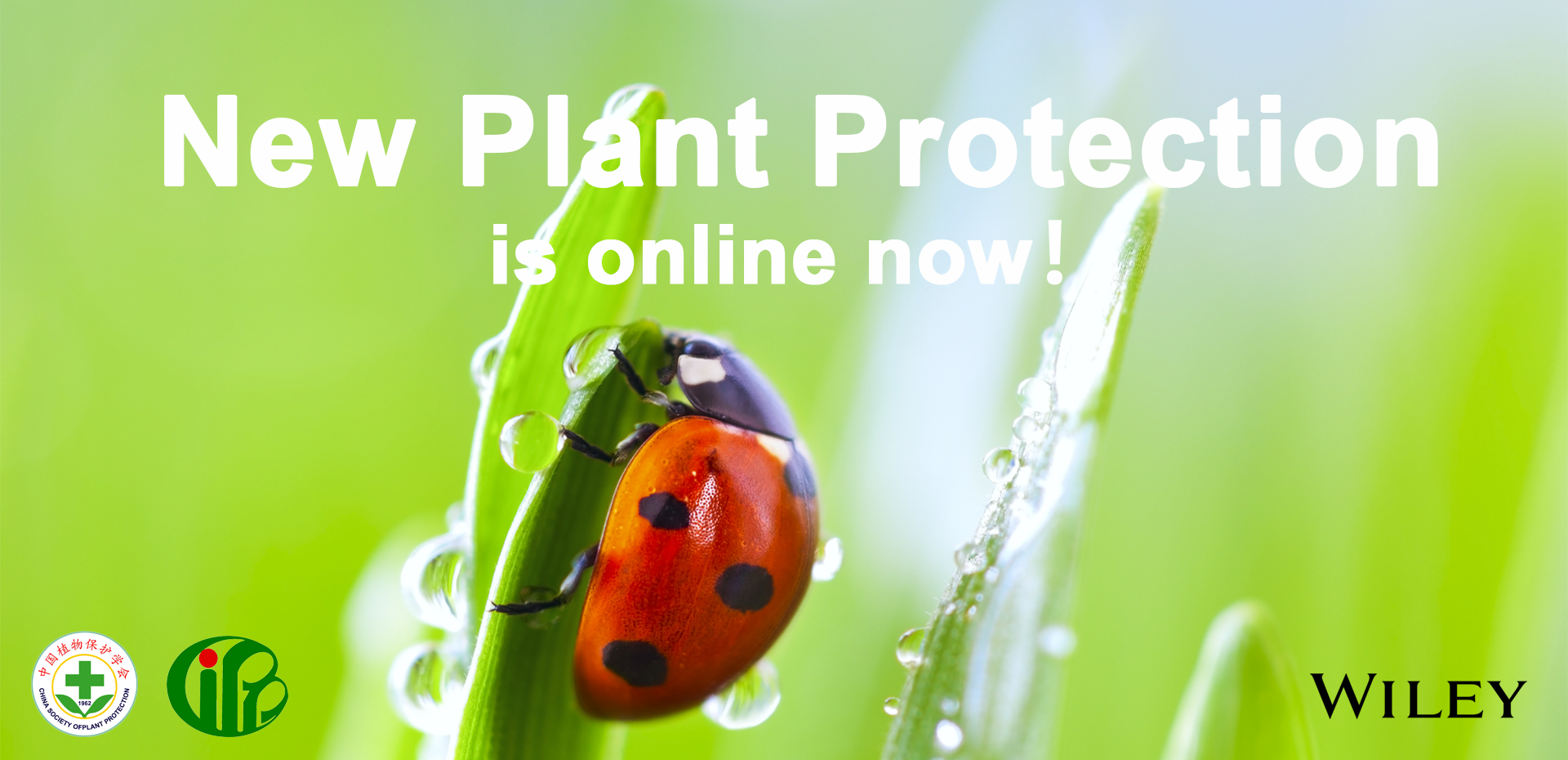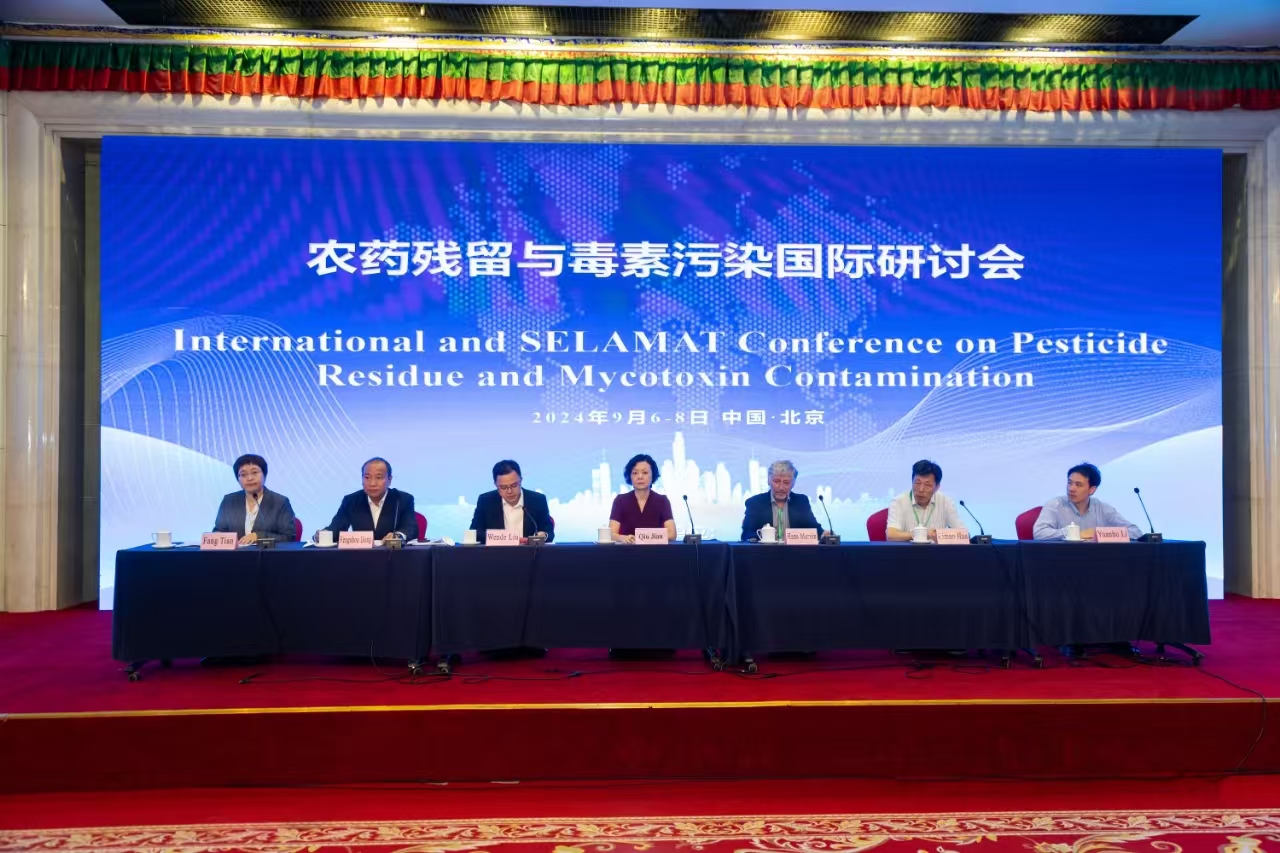Working Meeting for ASTIP at Boost Phase Convoked at IPP
A working meeting for the Agricultural Science and Technology Innovation Program, ASTIP, at all-round boost phase was convoked on May 9, 2017. Dr. WU Kongming, the commander-in-chief of Collaborative Innovation Assignment, Academician of Chinese Academy of Engineering and vice president of CAAS, were present at the meeting and delivered a speech. Deputy Director General CHEN Youquan, the Department of Crop Production, MOA, and Director WEN Xue from the Innovation Office of CAAS, Drs. BAI Xianjin, ZHOU Changyong, etc., the consultants of the Collaborative Innovation Assignment, were present at the meeting. DG ZHOU Xueping reported the work progress made in implementing the Assignment. DDGs ZHANG Bujiang and ZHENG Yongquan, IPP-CAAS, co-chaired the meeting.
Vice President WU Kongming pointed out that CAAS implemented the Collaborative Innovation Assignment according to the organizational mode of making atomic and hydrogen bombs and man-made satellites and initiated 19 collaborative innovation programs during the all-round boost phase. CAAS mobilized the management and research resources, implemented the inter-institute and interdisciplinary collaboration to improve the supply quality of agricultural S&T. This could provide S&T support to the supply-side structural reform in agriculture. Projects Integrated Control of Citrus Huanglongbing and Critical Technology for the Green Control of Destructive Soil-borne Diseases and Soil Insect Pests are both problem-oriented collaborative innovation. One is a world-wide difficult problem and the other a major challenge that threatens agricultural production. Both projects attracted attention in public. The indicator for the performance check of these two projects is not how many research papers to be published. Rather, we need to provide techniques and standards after research and solve the problems existed in production. Vice President WU hoped that IPP carried out well these two projects. WU emphasized that ASTIP was not merely a program. It was an engineering of mechanism of structural reform. It was the focus ?of the development of every undertaking in CAAS and the ox muzzle of various work. It was the important measure to implement the S&T innovation engineering in guiding the country’s agricultural S&T to get to the top position in the world. It was the urgent demand in supporting agricultural supply-side reform and was also the objective requirement of constructing the first class agricultural research institution. WU Kongming asked that IPP should (1) promote the breakthrough of mechanism innovation and plough deeply the experimental fields of reform innovation; (2) adjust discipline system; (3) increase the force of S&T innovation and cultivate revolutionary major achievements; (4) push the transfer of achievement and serve the development of modern agriculture; (5) extend international cooperation and promote the global layout of plant protection S&T; (6) reinforce the training of personnel and to incentive the vigor of innovation and creation; (7) promote the sharing of platform constructed and raise the efficiency of using S&T resources; and (8) allocate resources as planned as a whole and realize the organic unification of authorities and purse strings. WU Kongming hoped that IPP could take the opportunity, implement well the work at the boosting stage of innovation engineering and realize first, in CAAS, the goal of becoming the first class research institution in the world.
DDG ZHANG Bujiang thanked the leaders and the experts who attended the meeting and read the list of the consultant panel, respectively, for projects Critical Technology for the Green Control of Destructive Soil-borne Diseases and Soil Insect Pests and Integrated Control of Citrus Huanglongbing. DG ZHOU Xueping issued the certificates to the consultant experts. Dr. CAO Aocheng, the technical chief of project Critical Technology of the Green Control of Destructive Soil-borne Diseases and Soil Insect Pests and Dr. ZHOU Xueping, the technical chief of the project Integrated Control of Citrus Huanglongbing reported, respectively, the work progress to date. The members of the consultant panels made comments to the implement necessity of the joint innovation tasks, the technical route, the way of organizing the projects, the presentation of achievements, etc. DDG CHEN Youquan argued that both projects had three characteristics. Firstly, the projects oriented from the demands of agricultural production and the requirement of the productive practice; Secondly, the way of organizing the projects was new and realized the interdisciplinary collaboration; Thirdly, the achievement expected would pay more attention to supporting technique mode and the achievement application. The general director of ASTIP signed, respectively, the subtask contracts with the two chiefs witnessed by the leading group of IPP-CAAS.
During the working meeting, DG ZHOU Xueping reported the work progress during the trial phase of ASTIP at IPP. IPP adopted 4 measures during the trial phase: (1) simultaneously introduced and cultivated talents; (2) completed research platform and bases; (3) innovated in institutional mechanism to create harmonious research atmosphere; (4) strengthened collaborative innovation. Through these measures, IPP achieved 4 effects: (1) accumulated top talents and young talents came to the fore; (2) research manifested with serial landmark achievements; (3) achievement went out of China and led the development in the world; (4) touch the sky while standing in the fields started to see results—the averaged strength consecutively topped other institutes in CAAS. ZHOU Xueping emphasized that IPP would continue to introduce and cultivate talents, tamp platform, sustain collaborative innovation and extend high speed development during the boost phase of the ASTIP. He said that IPP would actively promote the construction of Five-One engineering, i.e., a group of leading scientists with high academic level, strong organizational capability and good moral character, a team of researchers who unite to forge ahead and with sound talent structure, a batch of high level research programs which are national demand oriented and aim at the frontier of the disciplines, an internationally advanced platform and a good academic environment and scope. IPP would achieve the first in CAAS a first class research institute in the world, ZHOU said. DG ZHOU Xueping conveyed also the spirit of CAAS ASTIP working meeting at boost phase and signed the assignment book with 17 chiefs of the innovation teams at IPP for the all-round boost phase.
DDG ZHENG Yongquan asked each research team to convene meetings to assign the work at boost phase so that the member teams could carry out well the work written in the assignment book. He asked the scientists to do their best to be the first again in the assessment at boosting phase as they had done in the assessment at trial phase.
More than 100 people including the members of the consultant panels, representatives of the member institutions of the collaborative innovation projects and sub-projects, chiefs in the administration departments of IPP, chiefs and members of the innovative teams attended this meeting.
-
 China-Laos Training Workshop on Integrated Management of Destructive Crop Pests and Diseases Successfully held in Laos
China-Laos Training Workshop on Integrated Management of Destructive Crop Pests and Diseases Successfully held in Laos -
 New Plant Protection: New challenge and new opportunity for plant protection
New Plant Protection: New challenge and new opportunity for plant protection -
 International and SELAMAT Conference on Pesticide Residue and Mycotoxin Contamination Held in Beijing
International and SELAMAT Conference on Pesticide Residue and Mycotoxin Contamination Held in Beijing -
 CAAS President Meets Chairman of ASEAN FAW Taskforce
CAAS President Meets Chairman of ASEAN FAW Taskforce
